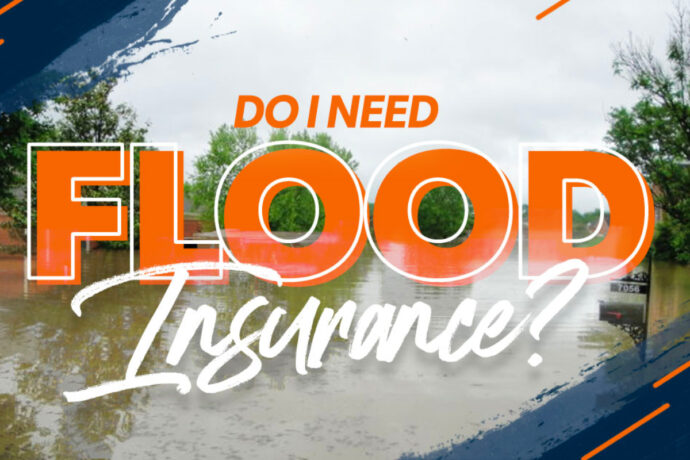
Choosing the right credit card is a pivotal decision that can significantly impact your financial life. With an abundance of options available, it’s essential to carefully evaluate your needs and preferences to make an informed choice. Here’s a comprehensive guide on how to select the credit card that aligns with your lifestyle and financial goals.
Factors to Consider:
- Determine Your Purpose:
- Identify why you want a credit card. Whether it’s for convenience, building credit, or enjoying rewards, understanding your purpose narrows down your options.
- Explore Card Benefits:
- Compare the perks offered by different credit cards, such as sign-up bonuses, rewards programs, and cashback incentives. Choose a card that aligns with your spending habits and offers valuable benefits.
- Credit Card Types:
- Differentiate between unsecured and secured credit cards. Unsecured cards are common but may require a good credit score. If you’re building credit, a secured card with a refundable deposit might be more accessible.
- Age and Eligibility:
- To apply for a credit card, you must be at least 18 years old. Some cards allow parents to add teenagers as authorized users, fostering responsible credit use from an early age.
- Income Verification:
- Certain credit cards require a verified income, while others cater to full-time students. Assess your financial situation and opt for a card that aligns with your income status.
- Credit History Matters:
- Understand the impact of your credit history on card eligibility. A good credit score (700 or above) opens doors to better benefits and lower interest rates. Consider your credit score when selecting a card.
Tips for Selection:
- Prioritize Your Needs:
- Choose a card that addresses your primary needs, whether it’s travel rewards, cashback, or low-interest rates. Tailoring your choice to your lifestyle ensures maximum benefit.
- Read the Fine Print:
- Thoroughly review terms and conditions, especially related to interest rates, fees, and grace periods. Avoid surprises by understanding the details of your chosen credit card.
- Consider Annual Fees:
- Some credit cards come with annual fees. Assess whether the benefits outweigh these fees based on your usage patterns.
- Utilize Online Tools:
- Make use of online comparison tools to evaluate interest rates, rewards, and fees across various credit cards. This streamlines the decision-making process.
- Build Credit Wisely:
- If building credit is a priority, opt for a card that reports to major credit bureaus. Responsible credit use contributes to a positive credit history.
Choosing the right credit card involves a thoughtful analysis of your financial objectives and lifestyle. By understanding your needs and thoroughly researching available options, you can make a well-informed decision that complements your financial journey.



